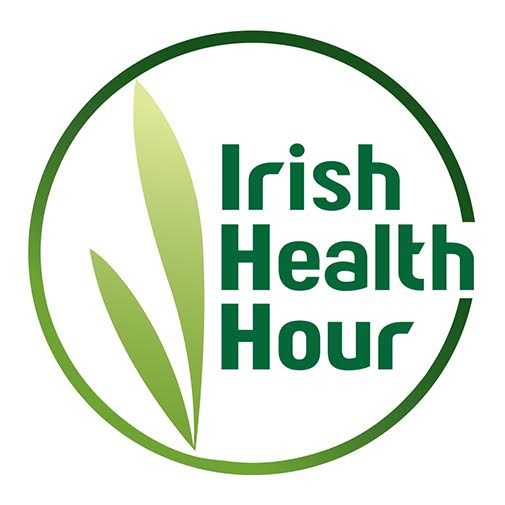Event Overview; Universal Health Coverage High Level Forum Japan 12th - 15th December 2017
The UHC High-Level Forum takes place in Japan from the 12th to the 15th of December next. WHO defines Universal Health Coverage as “..ensuring that all people have access to needed promotive, preventive, curative and rehabilitative health services, of sufficient quality to be effective, while also ensuring that people do not suffer financial hardship when paying for these services”. (UHC).
UHC2030 is the global movement and global commitment to bring stronger health systems for Universal Health Coverage by 2030.
According to WHO in 2016; At least 400 million people do not have access to health services. (1)
The High-Level Forum is a co-organised event between the Government of Japan, the World Bank, the World Health Organisation, UNICEF, and UHC2030.
When all 193 Member States of the United Nations (UN) agreed on the Sustainable Development Goals (SDGs) in New York in 2015, they set out an ambitious agenda for a safer, fairer and healthier world by 2030. The goals include a broad array of targets across different sectors. The target to achieve UHC is a beacon of hope for a healthier world. (2)
The World Bank states; “Quality affordable health care is the foundation for individuals to live productive and fulfilling lives and for countries to have strong economies”.
As well as the two-day main event taking place in Japan there are also a variety of side events organised by civil society organisations and partners.
One such organisation is Health Systems Global. Their vision states globally connected health systems research and policy communities contribute to the attainment of better health, equity, and well-being”. (3)
Aku Kwamie, HSG Board Member and Next Einstein Forum (NEF) Fellow argues:
‘It is not simply enough for governments to focus on getting the right kind of evidence. If we are serious about UHC, we have to invest in processes which bring people together to collectively deliberate on evidence, what it means, and how it can be used to bring about change.
‘Investments need to be made to bring policymakers, researchers and practitioners together earlier, so that we can speak comfortably to one another instead of shouting across the divide at each other or not speaking at all. This will help in generating and acting on evidence together’.
Health Systems Global (HSG) is an international membership organization fully dedicated to promoting health systems research and knowledge translation of the policymakers, practitioners and researchers that are part of the organization.
HSG argues that UHC will not be possible if we do not invest in people that are at the frontline of finding solutions to health systems challenges and implementing change. Policymakers, researchers and practitioners need to be better skilled and resourced so they generate and act on evidence together.
By integrating research into policy and decision making, it will be possible to produce, exchange and use the knowledge needed to respond to threats and challenges facing health systems and the societies they are integral to.
In Dublin, Ireland this November the 4th Global Forum on Human Resources for Health took place. One of the missions of this Global Forum was to advance the implementation of the global strategy on Human Resources for Health and the Commission’s recommendations towards achieving Universal Health Coverage and the sustainable development goals. It provides a stepping stone on the road to meeting challenges in the human resource area facing healthcare systems globally.
The Minister of Health Simon Harris TD, in his opening ceremony speech, highlighted the problems that Ireland has, in common with other countries in relation to the recruitment and retention of healthcare professionals.
The Minister stated; “As I am sure you are all aware, the WHO predicts a global deficit of 18 million skilled health workers by 2030 while in the European region, the European Commission has estimated a potential shortfall of around 1 million health workers by 2020. There is no doubt that meeting that shortfall will be difficult that we must work together to achieve”.
Another conference which took place in Dublin last month was the first Health Care Assistants & Carer’s Conference. The role of healthcare assistants can often feel like a lonely role especially when a family member is a primary carer for an elderly relative or parent. The role of carers was also acknowledged in the opening ceremony of the Global Forum on Human Resources for Health for the important work carers do on the front line. It is essential for carers to get relevant support and to know that they are not alone in their efforts. (4)
To keep up to date with what is happening at the UHC Conference in Japan you can visit their website.
Overview by Dolores Andrew-Gavin Founder IrishHealthHour
References
(1) http://www.who.int/mediacentre/factsheets/fs395/en/
(2) https://www.uhc2030.org/our-mission/
